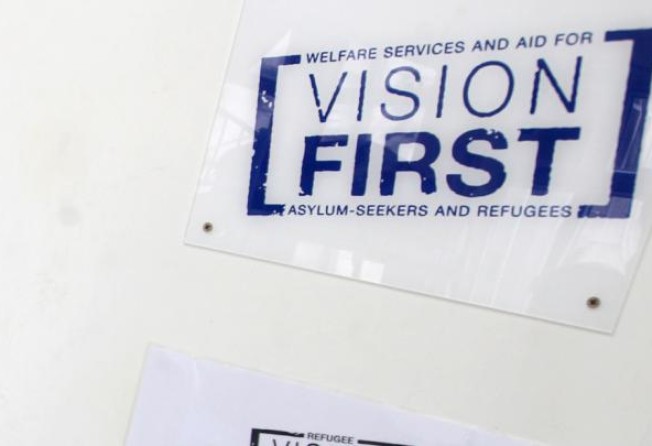Treatment of torture claimants in breach of laws and treaties
Landmark ruling by top court over way torture claimants are screened when seeking sanctuary could lead to hundreds of cases being re-opened

The way Hong Kong screens people who arrive seeking sanctuary from oppression in their home countries faces a major overhaul after the city's top court ruled the government had breached laws and international treaties.
The landmark decision - handed down by the Court of Final Appeal late last month - means hundreds, possibly thousands, of claims by foreign nationals seeking refuge may have to be re-examined.
News of the judgment is only now spreading among torture claimants, largely with the help of NGOs, such as Vision First.
"Today, I wrote to my lawyer to ask him to get me out and reopen my case," said Masood from Pakistan, who is being held at the Castle Peak Bay immigration detention facility. "I thought I would have to die in here." For years, Hong Kong has relied heavily on concerns that people would face torture if they were deported when making decisions on protection claims.
The court ruling means officials will now have to give equal weight to the prospect of "cruel, inhumane or degrading'' treatment on the person's return.
Hong Kong's screening process has in the past invited abuse by some migrants, who file torture claims as a way to stay in the city and work illegally, often for years, as the applications winds its way through the system. The ruling could discourage such people from coming.
Rights experts have dismissed concerns the ruling could lead to an influx of refugee and torture claimants.
"A fair and efficient screening system that meets the high standards … required by Hong Kong courts will actually deter people from trying to abuse the system," said Kelley Loper, director of Hong Kong University's Human Rights Law LLM programme.
The Immigration Department has rejected all of the nearly 2,800 claims received in the past few years, with 4,800 pending.
In the case before the court, Edward Wilson Ubamaka, from Nigeria, challenged a deportation order handed down in 2008.
Ubamaka's lawyers argued deporting him would violate Article 39 of the Basic Law and Article 3 of the Hong Kong Bill of Rights Ordinance. Both articles prohibit "torture, cruel, inhumane or degrading treatment or punishment".
Hong Kong is also bound by seven core international human rights treaties, but has not adopted the UN refugee convention.
The court agreed with Ubamaka's lawyers. It cited judgments by the European Court of Human Rights and Britain's House of Lords in relation to similar provisions of the European Convention on Human Rights in ruling that rights under Article 3 of the Bill of Rights are "absolute".
"Such jurisprudence shows that the absolute character of the protection against torture and [inhumane treatment] is an internationally accepted standard," it noted, and said the same rights were "entrenched" by Article 39 of the Basic Law.
The legal community is awaiting a formal reaction from the Immigration Department. Several lawyers have submitted letters asking the government to explain any new procedures and guidelines for submitting claims in light of the court's decision.
The Immigration Department told the Sunday Morning Post it respected the decision, but it did not say whether its screening procedures would change. "We are studying the judgment and will map out the way forward carefully, including seeking legal advice as necessary," a department spokesman said.
Lawyers have already used the decision to help torture claimants.
"I have already relied upon Ubamaka in four of my cases … and another lawyer I know has successfully secured bail for a torture claimant who was held in remand pending trial, where he cited the Ubamaka case as part of the bail application," Robert Tibbo, a lawyer, said.
Vision First said the Ubamaka judgment had given failed claimants a "glimmer of hope".
But lawyers warn that the decision does not necessarily mean more claimants will see their claims accepted.
The court maintained a claimant would still have to "meet … requirements … that he faces a genuine and substantial risk of being subjected to such mistreatment". It added: "It is clear that a very high threshold must be surmounted."
The court dismissed Ubamaka's appeal against deportation, ruling that he failed to show to a convincing degree that he faced ill-treatment if repatriated.